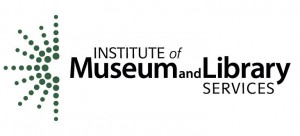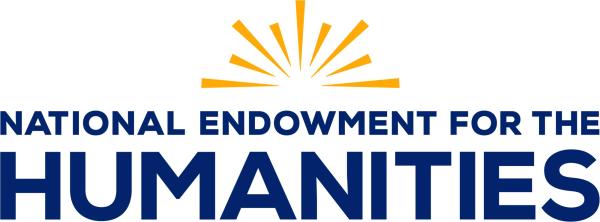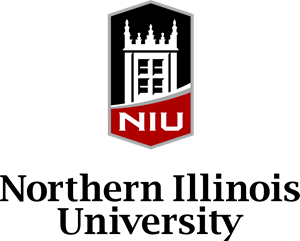From November 18-21, POWRR Project Director Jaime Schumacher and I were privileged to attend the Aligning National Approaches to Digital Preservation II (ANADP II) Event in Barcelona, Spain. We submitted a poster proposal at the behest of Martin Halbert, who is one of the advisors for the POWRR project grant.
We were scheduled to present a poster about the Digital POWRR project, which we had printed out, mounted, and duly shipped along to the conference two weeks before. Alas, it never arrived, as it was held up in customs in Madrid for relatively unclear reasons. (Lesson 1 for international conferences: carry the poster onto the plane!)
Once I’ve dug up a decent image of our poster, I’ll post it to the blog.
On the bright side, the story of our missing poster made its way through the conference pretty quickly, and as a result, attendees actually sought us out to hear about our project, since the poster wasn’t there to prompt them.
This conference runs a bit differently than the others I’ve attended. Rather than the usual keynote-panels-papers-posters lineup, where you spend several days listening and thinking intently, the structure is keynote/remarks-action sessions. What’s an action session? Well, it’s a group meeting that follows the keynote or remarks, and works along some of the themes of the keynote or remarks, often incorporating exercises or other activities that encourage us to think out loud, to interact, to consider what we can actually DO, in our own professional and institutional contexts, to solve the problems at hand, or at the very least, not contribute further to them.
The structure of the conference feels frankly kind of revolutionary to me, at least. It was truly an honor (and a bit intimidating at first) to be included in the conversation, as we were interacting with people whose work we’ve cited, professionals who can quite handily and easily be called the thought leaders in the field. I was nervous that it would be a “better not to meet your heroes” kind of situation, but it really wasn’t.
I want to make it very clear that we were heard. Both Jaime and I attended sessions with the intent of constantly beating the “don’t forget the smaller/less wealthy libraries” drum, and I can say in all honesty that we had very little drumming to do after the first day. The folks in attendance, many of whom work for national libraries and major universities with decent resources, are very, very concerned about the gaps that are developing/have developed between their libraries and their less-well-resourced colleagues. They know, and they consider it their problem, too.
That is reassuring.
The next few posts will consist of my notes, generally from the keynotes/remarks. Keep in mind that, as at most conferences, the notes get to be less and less as the conference goes on, because conferences take time and energy and brain, all of which dwindle over time in my case.
My only other personal note is that, unfortunately, the conference was capped off with my contracting a rather unpleasant case of food poisoning that I first experienced on my flight back from Barcelona, which I really do not recommend to anyone. 🙁 I’m much better now, thank goodness, and can look at the conference with fresh eyes.





2 comments
I like the idea of “action sessions.” And I am especially encouraged that there’s attention being paid to the needs of smaller institutions in all this talk. We are lucky the grant covered this trip (and thanks to our advisors for suggesting it!) so we could get a foot in the door, but it’s good to know our concerns are already on the agenda.
Are there mechanisms in place to keep this higher-level attention going forward? Maybe that’s what the NDSA is for, but I can also imagine that really small places will never find out about that group or others like it.
Author
Meg,
I think that the periodic ANADP meeting *is* one of the mechanisms to keep the attention going forward. There was discussions of other ways to do that, mostly through coordinating the work of already-existing umbrella organizations (quite a few of whom were represented at the conference). It’s a challenging thing, because national and international agendas are much broader than the on-the-ground set of local needs. But it’s better to recognize that and discuss it than not, I think. 🙂